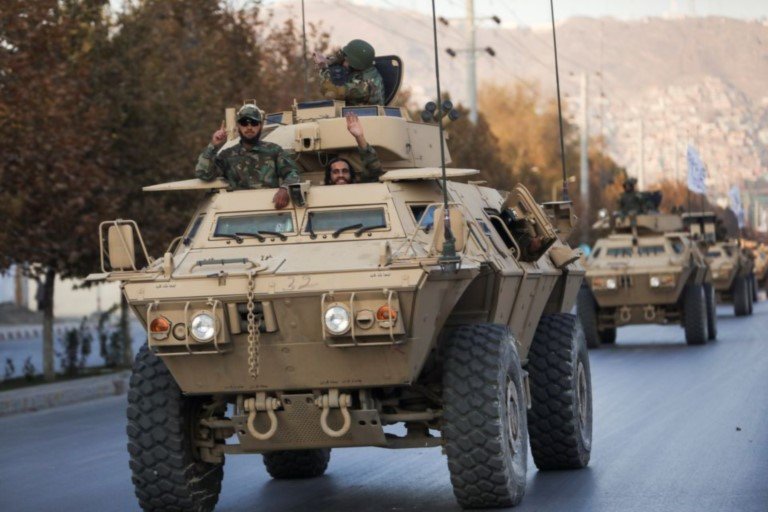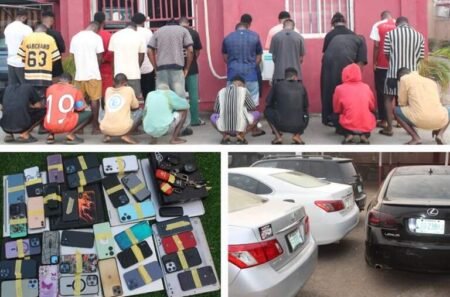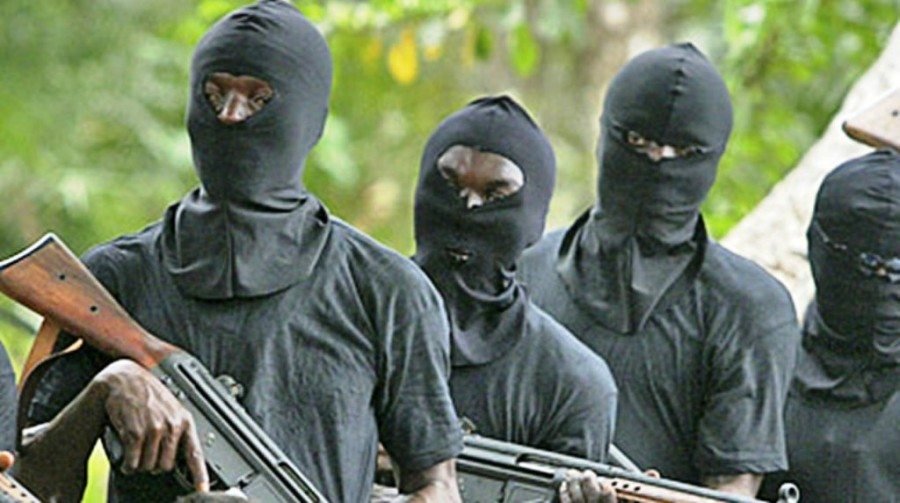The inhabitants of Sokoto, Illela had not anticipated the catastrophic circumstance that now threatens their happiness and tranquilly. But the terrible reality quickly dawned on them, putting a spell of discomfort on them, and it’s been lamentations aplenty ever since.
This followed the military takeover in the Niger Republic and the subsequent closing of the Nigeria-Niger border, stranding people in border settlements in Sokoto State, Nigeria.
Over the years, many Sokoto villages have relied on products and services smuggled in via the country’s porous borders with Niger. However, the tale has now altered due to the closing of wide borders, which now restricts the free flow of international products and services that they had previously enjoyed prior to the revolution in Niger. They are currently unsure what will happen next since the Economic Community of West African States (ECOWAS, now commanded by Nigeria’s president, Ahmed Bola Tinubu, has vowed to use military action to ferret out the coup leaders.
The rich city of Illela, which shares a border with Birnin Kouni in the Niger Republic, has suffered the most as a result of the border closure. It is the principal road to the Niger Republic and the location of a check station maintained by Nigeria’s Customs Services, NCS, which efficiently monitors the movement of products and services over the two borders.
Despite the fact that they speak different languages, the two neighbours in Nigeria and the Niger Republic have been mixing freely and have a long history of inter-marriage, social connections, and commercial activities as a result of their closeness. Birnin Kouni, a border village in Niger, speaks French, being a former French colony, whereas Illela, a Nigerian border town, speaks English.
Arewa Voice correspondents who visited border communities to assess the economic impact of the recent coup and subsequent border closure by Nigeria reported that commercial activities came to a halt immediately after the military takeover in Niger and the closure announced by Nigeria.
According to Arewa Voice, the border shutdown has caused livestock and cash crop prices to rise, pushing them beyond the reach of the typical household. Alhaji Isah Sarkin Alaru Illela, a resident of Illela border town, told AV that the recent coup has harmed the area’s socioeconomic dynamics and exacerbated their predicament. He grieved that prior to the military takeover and border closure, there was an unrestricted interchange of products and services between them, including vehicle maintenance, transportation, cattle trade, and monetary exchange, all of which had been abruptly halted.
Alhaji Sarkin Alaru, an importer and inhabitant of Illela town, characterized the situation in Illela and settlements near the border as “horrible,” with people facing starvation and abject poverty. A caravan of articulated trucks was seen taking over the shoulder of the once-busy road that connects the Niger Republic to Nigeria via the border town of Illela in Sokoto State. As a result of the unfortunate development, the expressions of the truck drivers and conductors who regularly transact business between Nigeria and Niger portrayed eloquent tales of rage, impatience, and fear as they waited for the situation to improve.
However, it looks like their hopes for a rapid settlement of the matter may be dashed as the military junta in Niger has defied Nigeria’s warning to assault the nation and use military action against the junta.
Shehu Hassan, a truck driver, revealed that he and his coworkers had spent all of their money on meals. At the time of our encounter, he stated that they were reliant on any assistance they could obtain from the Illela border to live. Hassan, who was substituting while chatting with our correspondent, said he was on his way back from Niamey, Niger’s capital city, when he was instructed to stop at the border because he would not be permitted into Nigeria. He and others, he added, had been trapped at the border with their vehicles and merchandise since the unexpected shutdown of the gates.
“We are all Nigerians doing our legal business as drivers for God’s sake,” Hassan remarked. We should not be regarded in our nation as criminals or illegal immigrants. We left Mangu in Plateau State to supply Irish potatoes in Niamey, and we had all of our paperwork before leaving Nigeria, but now we’re stuck here with no idea when we’ll be able to return home. “The only mistake we made here is that we were citizens of this country going about our daily legitimate activities and were now treated like common criminals.” “We need to be allowed to return home after a routine business trip,” Hassan implored.
Our correspondent also learned that the majority of the truckers had been at the border station for more than 14 days, with no idea when they would be allowed to go to their destinations due to the rivalry between ECOWAS and the military junta in Niger.
Sani Mai Sharon, a driver, reported that he had been here for almost 10 days, locked in one area with no idea when he would be able to go. I’ve spent all of my money and am at a loss on what to do next. “We can’t move ahead or back. We don’t know when or how to leave here right now. The most regrettable element of it all is the significant hunger problem that we are facing. I am asking the ECOWAS leadership to achieve a swift settlement with the new military authorities in Niger to restore normalcy in the nation, but he cautioned against using force, which he claimed may have additional severe consequences for Nigerians living in border towns.”
ECOWAS should not support the use of force in any form. It will have a negative impact on the lives of our people, particularly those who reside in border towns. They should consider the lives of our people who reside in this area and are neighbours to Kwani, a border hamlet in Niger. “We are already paying for the consequences of insecurity in this area, and who knows how our people will be affected if we go to war with Niger?” Our suggestion to President Bola Tinubu and the ECOWAS leadership is to keep discussing a sensible solution to the problem.”
Some drivers who attempted to return to Sokoto were detained by security personnel near Tudun Koki, a tiny settlement around 35 kilometres from Illela town. The truckers requested that the Nigerian Customs Service allow them to return to their employer since they were unable to continue to their destination in Niger. The ever-busy Illela, which boasts an international market, has essentially become a ghost town, with all sorts of business and trade coming to a halt. Alhaji Bello Kwando, a business entrepreneur with several filling stations and plazas, stated that commercial activity in the town had decreased. “Since the border closure was announced, our business activities in this town have decreased dramatically.” “I am sure you are aware that the border has been a major contributor to business activity here, and now that it has been closed, things are not easy for us again,” Kwando added.
When the acting Comptroller-General of Customs, Bashir Adewale Adeniyi, paid a visit to the border recently, he asked the controller in charge of the Illela outpost how the residents were adjusting to the border closure, and the response was shocking: “The communities are extremely unhappy with the border closure, sir,” the controller of the Illela outpost replied. It remains to be seen how far their rage and patience can go if the coup in Niger takes on a broader meaning than it originally did.











